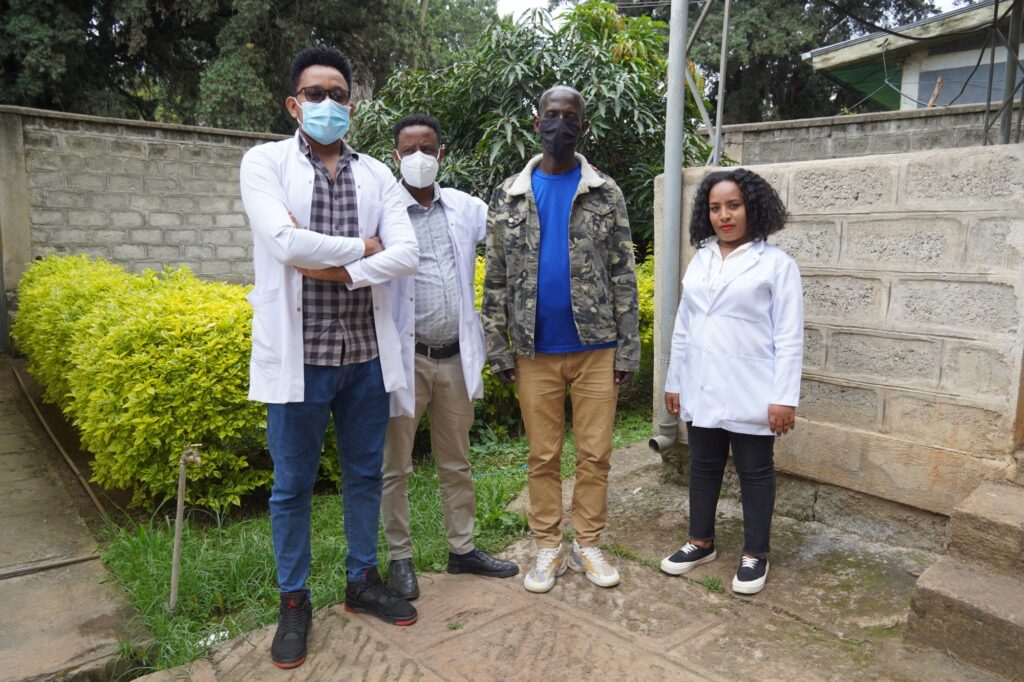Lessons Learned from Best Practices in Psycho-Socio-Economic Support for Tuberculosis Patients
Lessons Learned from Best Practices in Psycho-Socio-Economic Support for Tuberculosis Patients
Tuberculosis (TB) patients face many psychological, social and economic problems that complicate treatment and care. This may lead to decreasing adherence to prescribed treatment regimens and poorer clinical outcomes, including higher loss-to-follow-up, relapse and mortality rates.
MSH conducted research with KNCV under USAID’s TB CARE I project to identify lessons learned and best practices. The results from 13 countries indicate that psycho-socio-economic support interventions can add significant value to TB control through improvements in treatment success rates and reductions in patient suffering. Several programs considered cash payments an effective tool to promote adherence. Delivery of social support to TB patients requires collaboration through multidisciplinary teams, quite often in close collaboration with or organized by, people outside of the NTP. Clear procedures for the identification of patients’ needs through patient-centered approaches are likely to help effective targeting of social support resources and promote accountability.
It is also important that conducive legal frameworks are in place and that there is close collaboration between the National TB Control Programs and those responsible for social protection schemes in other government sectors. Political commitment was found to be essential for the nationwide scale-up of social support interventions: in countries where political commitment was generated and was translated into support for legal frameworks and budgets from government or combined government and donor sources, projects have shown to be scalable.
